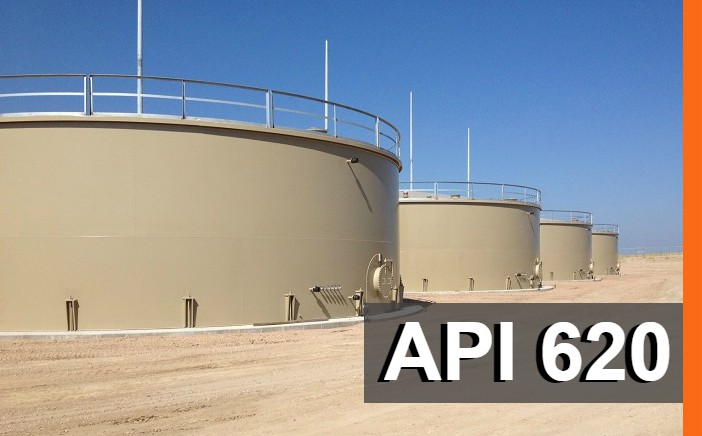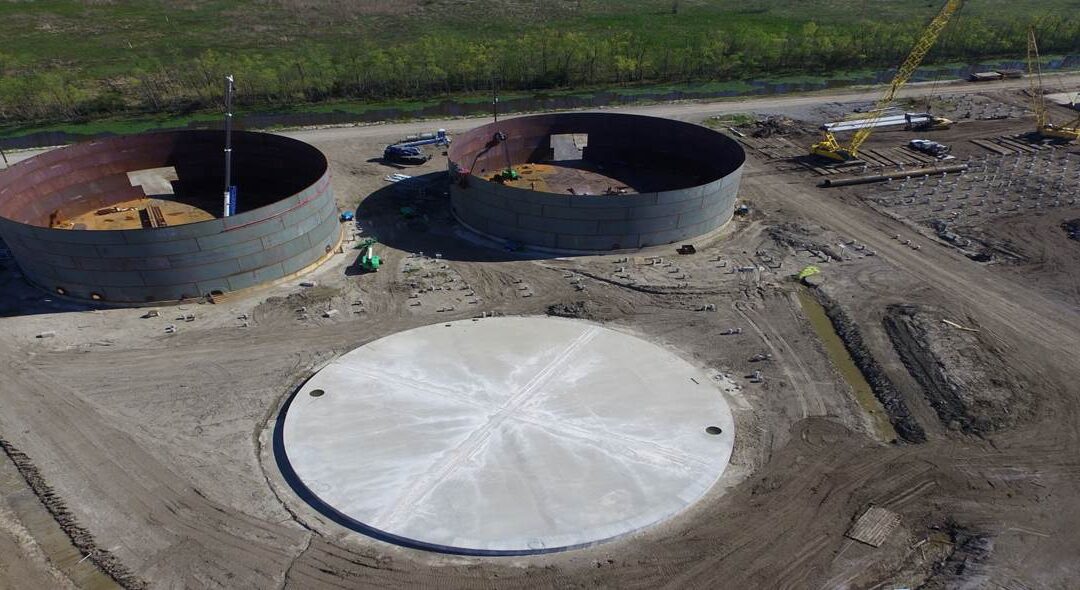The Advantages of Welding Inspection for Improved Safety and Performance
Welding evaluations are essential for making sure that frameworks satisfy stringent sector criteria. They play a vital role in recognizing defects early, consequently improving safety and decreasing the threat of catastrophic failings. Furthermore, these examinations can bring about considerable price savings by protecting against pricey fixings and downtime. As companies go for enhanced performance and integrity, the importance of a robust examination process can not be overstated. What other benefits might emerge from a commitment to extensive welding evaluations?
Making Certain Conformity With Sector Criteria
Guaranteeing conformity with sector criteria is vital for preserving high quality and security in welding jobs. Abiding by well-known protocols not only secures workers yet also improves the toughness and performance of the last item. Welding inspections performed at different phases of the process help recognize any type of variances from these criteria, enabling timely restorative activities. This positive method reduces the threat of failures that might arise from low quality workmanship.
Moreover, compliance with sector standards promotes count on among stakeholders, consisting of clients, governing bodies, and the labor force. It symbolizes a commitment to excellence and accountable methods, which can lead to enhanced service opportunities and an one-upmanship out there - API 650 Welding Inspection. Normal inspections likewise guarantee that methods and materials made use of straighten with the most recent technological improvements and safety and security laws. Inevitably, adherence to industry requirements is not simply a regulative demand but a foundation of quality control in welding projects
Enhancing Safety With Very Early Detection of Issues
While the key objective of welding inspections commonly fixates compliance, they play a vital duty in improving safety by allowing the early discovery of flaws. Identifying issues such as incomplete blend, splits, or porosity during assessments can considerably mitigate the danger of tragic failings. Early discovery permits timely interventions, making certain that malfunctioning welds do not jeopardize structural honesty.
Additionally, systematic evaluations promote a society of security within companies by emphasizing the importance of quality assurance. This positive method not only secures personnel however additionally safeguards the surrounding environment. Regular examinations can expose patterns in defect incident, enabling for changes in welding strategies and training programs to resolve underlying problems.
Welding inspections offer as an essential guard, strengthening general security and performance by determining issues before they escalate into major threats. This dedication to top quality directly adds to the durability and integrity of bonded structures.
Decreasing Prices by Protecting Against Failures
By implementing extensive welding inspections, companies can efficiently lower prices connected with failures and remodel. The aggressive recognition of problems throughout the welding procedure minimizes the risk of disastrous failures that can bring about expensive repair services or substitutes. Early discovery enables prompt interventions, which prevents the rise of small problems into major issues that strain spending plans and resources. Furthermore, by making certain that welds fulfill specified standards, organizations can avoid delays in job find out here now timelines triggered by the demand for substantial rework or additional assessments later while doing so. This not just saves money yet also boosts functional effectiveness. An online reputation for high quality workmanship can lead to enhanced client fulfillment and repeat service, further contributing to monetary security. Generally, purchasing welding examinations is a critical technique that cultivates price financial savings while protecting the integrity of bonded frameworks.
Improving Performance and Long Life of Structures


Welding assessments play a vital function in boosting the performance and long life of frameworks, as they confirm that welds are executed to the greatest criteria. By determining flaws early in the welding procedure, examinations prevent weak points that could compromise architectural stability. This positive technique warranties that the products utilized meet needed specs, thus enhancing their load-bearing capability and durability.
Additionally, regular surveillance of welding methods adds to the general high quality of construction tasks. The capacity for exhaustion and failing over time is significantly reduced when welds are verified for compliance with market requirements. Frameworks that are constructed with appropriately evaluated welds are likely to experience fewer maintenance problems and enhanced durability.
Ultimately, strenuous welding inspections not just reinforce the instant effectiveness of a framework yet additionally extend its functional lifespan, providing long-lasting worth to both building contractors and end-users alike.
Cultivating a Society of High Quality and Reliability
A commitment to high quality and dependability in welding techniques significantly adds to the general success of building jobs. They foster a society that motivates thorough attention to information and adherence to market requirements when companies focus on these worths. This culture not only boosts the ability level of welders but also advertises liability and synergy amongst all stakeholders associated with the task.

Regular welding assessments function as a keystone in this social change, reinforcing the significance of consistent efficiency and safety and security procedures (API 650 Welding Inspection). By executing rigorous examination methods, companies can identify potential imperfections read the article early, mitigating risks and staying clear of pricey rework. Moreover, a concentrate on high quality and reliability infuses self-confidence amongst companions and clients, causing more powerful connections and boosted reputations
Ultimately, fostering a society of top quality and dependability in welding methods not only boosts task outcomes however also assures long-lasting sustainability and success in the building and construction industry.
Frequently Asked Inquiries
What Qualifications Should a Welding Inspector Have?
A welding inspector should have pertinent qualifications, such as AWS CWI or CSWIP. Furthermore, they should have experience in metallurgy, welding processes, and assessment strategies, in addition to find more information strong logical skills and focus to information for efficient analyses.

Just How Frequently Should Welding Inspections Be Performed?
Welding evaluations must be carried out on a regular basis, preferably after each substantial stage of the welding process. Furthermore, regular inspections must happen based upon task requirements, solution problems, and regulative criteria to assure continuous top quality and safety and security.
What Devices Are Utilized Throughout Welding Inspections?
Welding assessments make use of numerous devices, including ultrasonic testers, magnetic particle testers, visual inspection devices, and radiographic devices. Each tool offers a specific purpose, making certain weld high quality and structural stability via extensive evaluation and evaluation.
Can Welding Inspections Be Carried Out From Another Location?
Welding inspections can without a doubt be executed from another location making use of advanced innovations such as drones and specialized cameras. These tools make it possible for inspectors to assess welding high quality and stability from a range, improving effectiveness and safety in various environments.
What Are the Common Sorts Of Welding Flaws?
Common kinds of welding issues consist of porosity, splits, insufficient combination, undercutting, and slag incorporation. These issues can endanger the integrity and toughness of welds, resulting in potential failures in structural applications if not addressed correctly.
Welding examinations are important for making sure that structures satisfy rigid sector criteria. Welding evaluations conducted at numerous stages of the procedure help identify any inconsistencies from these standards, making it possible for timely restorative activities. Welding examinations play an essential role in enhancing the performance and longevity of frameworks, as they validate that welds are implemented to the highest possible criteria. Welding assessments need to be performed regularly, preferably after each significant stage of the welding process. API 650 Welding Inspection. Welding inspections utilize different tools, consisting of ultrasonic testers, magnetic particle testers, aesthetic examination tools, and radiographic equipment